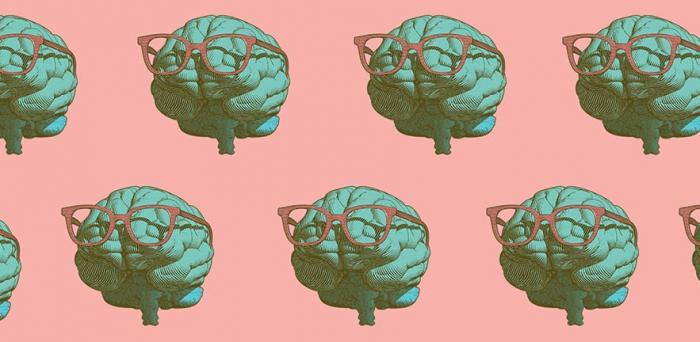The COVID-19 (coronavirus) pandemic has shown that academics need to see the world in a new way: not as entities and their environments but rather as systems of interdependent activity, Professor Jennifer Howard-Grenville of Cambridge Judge Business school said in the keynote address of a prestigious global conference.
The pandemic has exposed vulnerabilities ranging from supply chains to healthcare to finance, while at the same time highlighting the importance of resilience, Jen told the annual colloquium of the European Group for Organisational Studies (EGOS), held virtually this year rather than in Hamburg as scheduled.
“As organisational scholars we risk drawing on and perpetuating outdated ideas of resilience and adaptation if we continue to see the world as made up of entities – organisations – and their environments – or everything ‘out there’ – as opposed to systems of interdependent activity,” she told the conference, Organising for a Sustainable Future: Responsibility, Renewal & Resistance.
Citing the words of American author Ralph Waldo Emerson that “In skating over thin ice, our safety is in our speed”, Jen noted that the world has slowed down during the coronavirus pandemic.
“The fragility of the ice that supports us all has been exposed” by the crisis, said Jen, Diageo Professor in Organisation Studies at Cambridge Judge. “Let us not build faster, more agile theory, nor celebrate the fastest, most agile leaders or organisations. Let’s take the uncomfortable facts that the current pandemic has exposed and seek a better understanding of the ice – and the skater – as interdependent with each other.”
She drew on the ecological definition of “resilience” to make her point, as it entails the “capacity of a system to absorb disturbance and organise while undergoing change so as to still retain essentially the same function, structure and feedbacks”. So while a forest (the “system”) recovers after a wildfire to do essentially the same thing (grow trees, filter water and provide cover for animals), individual entities or even entire species may meet their demise.
This shows that adaptation occurs “when interlinked changes ripple across multiple facets of economic and social life, revealing that resilience is a property of systems”, Jen said.
She closed her speech by urging fellow academics “to think about how we think”. While urging students to do this, teachers in fact often “hide behind our theories – many of which are decades-old and birthed out of completely different economic and social conditions”.
“Individually and collectively we must have the courage to step up to the issues that the pandemic has brought to the foreground. If these topics – like the mental health of employees, racial inequality, marginalised work, poverty, healthcare access and provision, climate change, ecosystem health and crisis response – are now the business of business, they should be our business."
